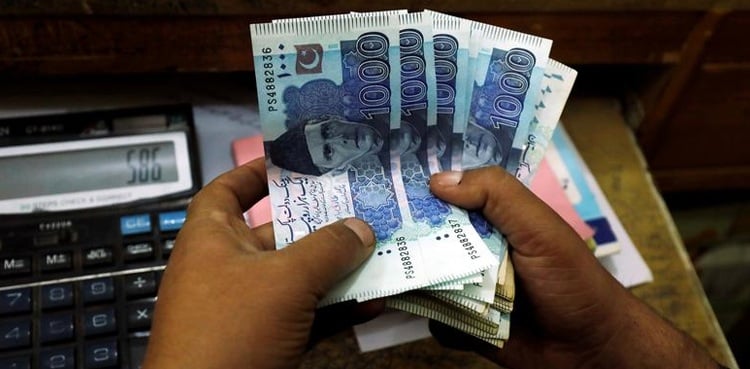Brain pacemaker to treat acute depression
- September 21, 2013, 6:50 pm
- Health News
- 149 Views
ISLAMABAD Sept 21 (Online): Researchers have successfully implanted pacemaker electrodes into the brains of patients suffering from major depression, with symptoms of six out of seven of them improving considerably and rapidly.
Dr Volker Arnd Coenen, neurosurgeon at the Department of Neurosurgery at the Bonn University Hospital in Germany, implanted electrodes into the medial fore-brain bundles in the brains of subjects suffering from major depression with the electrodes being connected to a brain pacemaker.
The nerve cells were then stimulated by means of a weak electrical current, a method called Deep Brain Stimulation. In a matter of days, in six out of seven patients, symptoms such as anxiety, despondence, listlessness and joylessness had improved considerably.
"Such sensational success both in terms of the strength of the effects, as well as the speed of the response has so far not been achieved with any other method," said Dr Thomas E Schlapfer from the Bonn University Hospital Department of Psychiatry and Psychotherapy.
The medial fore-brain bundle is a bundle of nerve fibres running from the deep-seated limbic system to the prefrontal cortex. In a certain place, the bundle is particularly narrow because the individual nerve fibres lie close together.
"This is exactly the location in which we can have maximum effect using a minimum of current," Coenen said.
The medial fore-brain bundle is a central part of a euphoria circuit belonging to the brain`s reward system. What kind of effect stimulation exactly has on nerve cells is not yet known. But it obviously changes metabolic activity in the different brain centers.
The researchers have already shown in several studies that deep brain stimulation shows an amazing and - given the severity of the symptoms - unexpected degree of amelioration of symptoms in major depression.
In those studies, however, the physicians had not implanted the electrodes into the medial fore-brain bundle but instead into the nucleus accumbens, another part of the brain`s reward system. This had resulted in clear and sustainable improvements in about 50 per cent of subjects.
"But in this new study, our results were even much better," said Schlapfer in a statement.
A clear improvement in complaints was found in 85 per cent of patients, instead of the earlier 50 per cent. In addition, stimulation was performed with lower current levels, and the effects showed within a few days, instead of after weeks.
The study was published in the international journal Biological Psychiatry.










